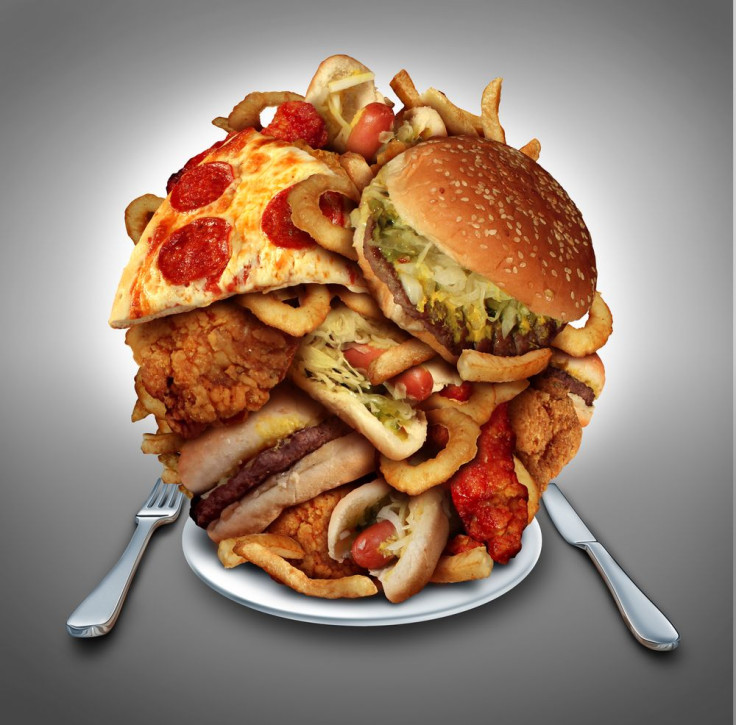FDA To Cut Trans Fats From Processed Foods, Gives Three-Year Timetable

(Reuters) - The U.S. Food and Drug Administration on Tuesday made good on its proposal to effectively ban artificial trans fats from a wide range of processed foods, from microwave popcorn to frozen pizza, saying they raise the risk of heart disease.
Under new FDA regulations, partially hydrogenated oils, which have been shown to raise "bad" LDL cholesterol, will be considered food additives that cannot be used unless authorized by the FDA.
The regulations take effect in three years, giving companies time to either reformulate products without partially hydrogenated oils or petition the FDA to permit specific uses of them.
Following the compliance period, no partially hydrogenated oils can be added to human food unless they are otherwise approved by the FDA.
The food industry has begun preparing an application seeking approval for limited use of trans fats in certain products, such as sprinkles, the industry's trade group, the Grocery Manufacturers Association, said. It declined to give details about its petition.
Under current law, food additives cannot be used unless they have been approved in advance by the FDA or are generally recognized as safe. Such substances do not have to be approved before being used.
In 2013 the FDA made a preliminary determination that partially hydrogenated oils, the major dietary source of trans fat in processed foods, are no longer recognized as safe because they increase the risk of heart disease.
The oils are formed during food processing when hydrogen is added to vegetable oil to make it more solid. Reducing their use could prevent 20,000 heart attacks and 7,000 deaths, the agency said.
The food industry has reduced its use of trans fats by 86 percent since 2003, according to the grocers trade group. The reduction was spurred in part by the FDA's requirement, in 2006, that trans fat levels be disclosed on package labels.
The industry has reformulated many products using palm, sunflower, safflower and other oils. But there are some products that have relatively low levels of trans fats and cannot easily be reformulated.
Food companies are hoping to persuade the FDA that such products meet the agency's food additive safety standards. To do that, they must prove with reasonable certainty that the products cause no harm.
Naturally occurring trans fat found in milk and certain meet products would not be affected by the rules.
(Reporting by Toni Clarke in Washington; Editing by Nick Zieminski)



























